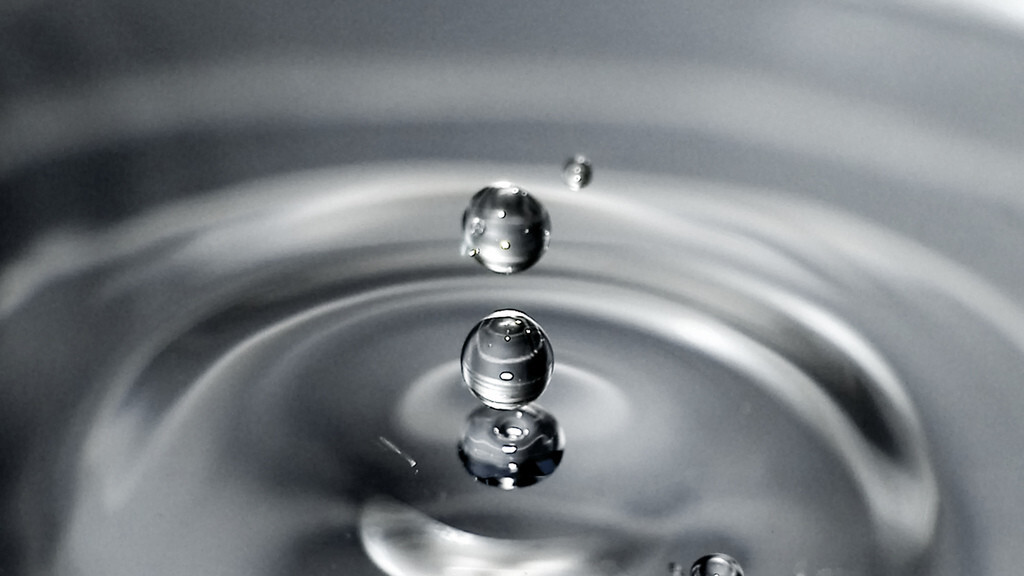
We’ve all heard that water is the source of all life on earth—and the cleaner it is, the better, right? Wrong. As it turns out, even cleanliness has its limits.
Ever heard of water so clean that it’ll wash the essential minerals out of your body?
That’s precisely the kind of water you need to clean semiconductor chips during the manufacturing process. Chipmakers have dedicated filtering plants to manufacture what they call UPW, or ultra-pure water, according to Fast Company’s adaptation of an excerpt from The Big Thirst: The Secret Life and Turbulent Future of Water by Charles Fishman.
We have filtration systems that use reverse-osmosis (RO) to make ocean water fit for human consumption. Would that be good enough to wash a semiconductor chip with? No, not nearly enough, according to officials at chip manufacturing plants, who consider UPW to be just another part of the process of making those chips. “Ultra-pure water requires 12 filtration steps beyond RO,” they say.
Water is a natural solvent and therefore works nicely to clean things as it dissolves pretty much any stray particles that come in its way. When working with electronic chips on the nano scale, however, natural water is so loaded with dissolved minerals already that it’ll do more damage than good.
Ultra-pure water, then, is an entirely artificial creation, nothing like anything you’d ever see in nature. An employee at IBM’s chip-making plant said it was “horrid”, with a flat, heavy and bitter taste, unlike the “dirtier” (and much safer) water that we are used to drinking.
Like we said before, it is possible for water to be too clean for your own good after all!
Get the TNW newsletter
Get the most important tech news in your inbox each week.




